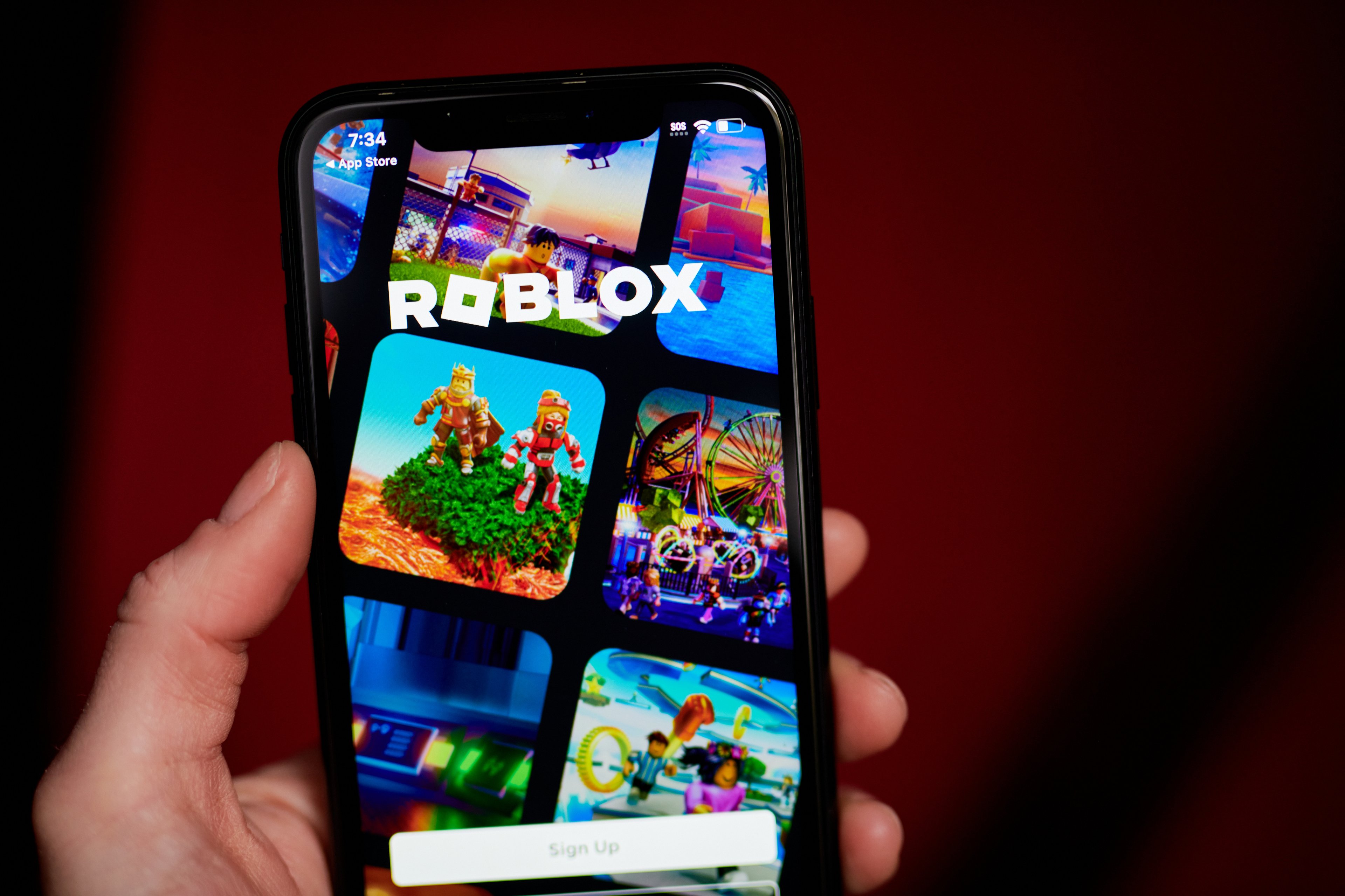The emergence of Macau as the world's largest gaming market has led the industry to wonder what untapped markets there are around the world, particularly in Asia. The Philippines, Korea, and Singapore are a few countries that have opened up gaming, to varying levels of success, but the big fish that's still outstanding is Japan.
Not only is Japan the world's third-largest economy, but it's a place where casino gambling is illegal. But that may be changing and casino giants like MGM Resorts (MGM +1.92%), Las Vegas Sands (LVS 0.23%), and Wynn Resorts (WYNN 0.17%) already have their eye on the market.

Concept design for MGM Osaka in Japan. Image source: MGM Resorts.
The vast opportunity for casinos in Japan
Japan has been toying with the idea of allowing casinos for years. In 2014, it appeared the country would soon allow a small number of very large casino resorts, but the bill never passed. But slowly the political will is growing to allow gaming in the country.
New speculation emerged Monday that gaming may be near after MGM Resorts CEO James Murren said his company was willing to spend $4.8 billion to $9.5 billion on an integrated resort in Japan. In past years, Las Vegas Sands CEO Sheldon Adelson and Steve Wynn have said they would be willing to spend as much as $10 billion to build in the country as well.
If gaming is legalized in Japan, the market could be enormous. CLSA estimates Japan could be a $40 billion gaming market, bigger than Macau at $27.1 billion and the Las Vegas Strip at $6.3 billion.

Image source: MGM Resorts.
Why there's little urgency on gaming in Japan
The urgency in passing a casino bill before the 2020 Summer Olympics may have already passed. But there was a time when casino companies wanted to be open for the influx of visitors. Murren said his plan for an urban resort wouldn't be ready until 2022 or 2023.
It's also not clear where casinos will be allowed. MGM has said it will only be willing to build in an urban area. Adelson has said he's not interested in a foreigners-only resort, a restriction some countries have put on gambling. Executives are excited for gambling in Japan, but not at all costs.
Will this be the next big fight in gaming?
The last two major fights for gaming concessions came when Macau opened up in the mid-2000s and when Singapore allowed two concessions, one of which was won by Las Vegas Sands. The battle over those concessions was intense with companies laying out their vision for what gaming in Asia could look like. But, in every case, the resort was actually more profitable than gaming executives expected.
That could make the fight for a Japan license fierce as every major player puts forward massive investment options. And given the Japanese landscape, they may partner with some of the biggest, most powerful companies in the country as well. We know that U.S. gaming companies will be clamoring to enter the Japanese gaming market, and there are now whispers that it may become a reality sooner rather than later.





